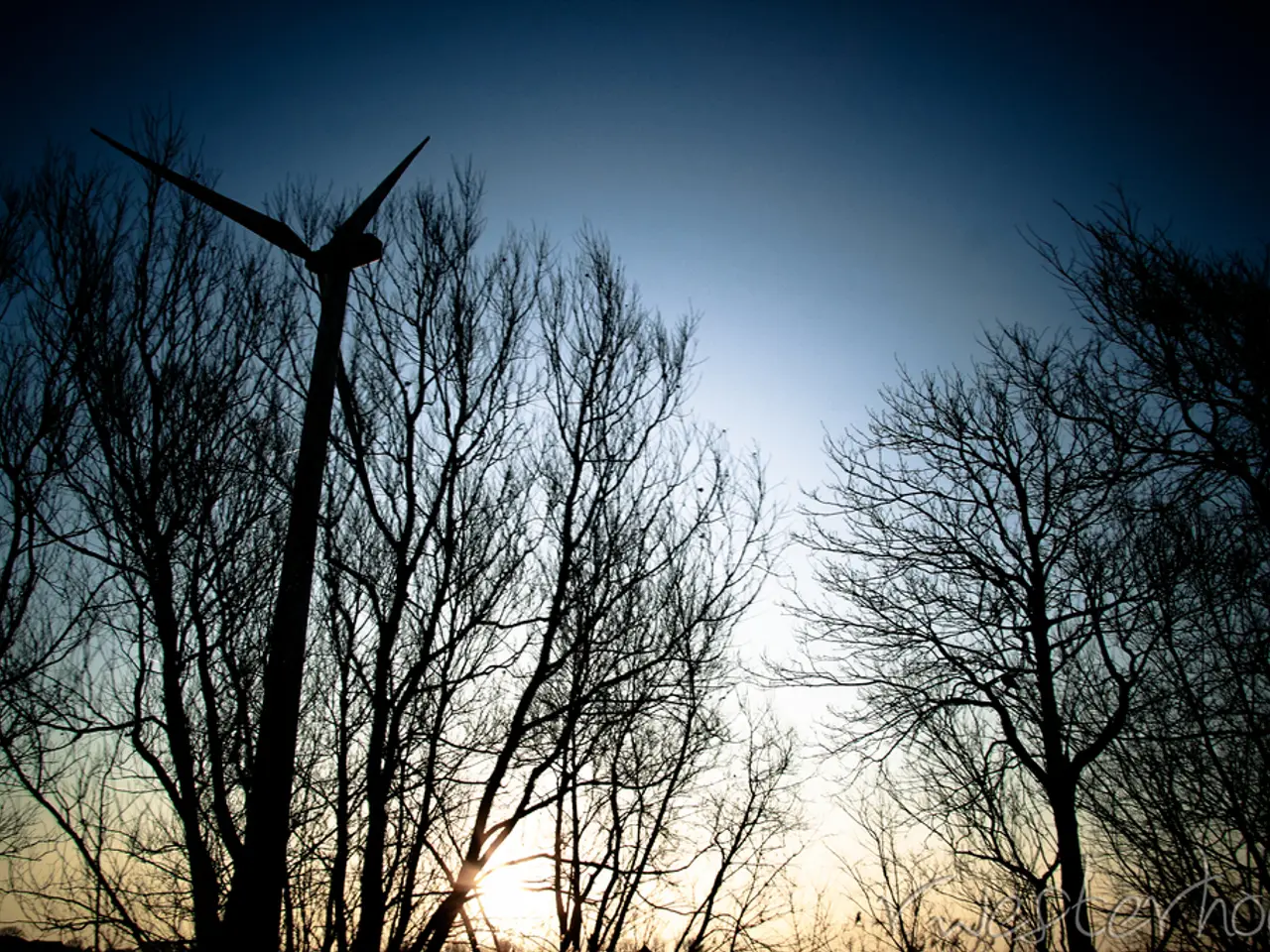US States Take Divergent Paths on Clean Energy: Arkansas Halts Projects, Texas Explores Savings, and More
In a mix of developments across the US, an Arkansas county has voted to halt new renewable energy projects, while Texas explores energy savings and Mississippi considers a solar farm. Meanwhile, North Carolina plans to boost solar power in low-income communities, and Nashville secures federal funds for clean energy infrastructure.
In Arkansas, a county has voted to ban new commercial wind or solar energy projects for the next five years. This decision comes despite the growing demand for renewable energy sources. Meanwhile, Texas is looking into energy savings by investing in heat pumps and weatherization upgrades for single-family households, which could potentially save nearly 7 GW of energy.
In Mississippi, residents attended a public hearing for a proposed $310 million solar farm. The project promises to grow the county's tax base. In North Carolina, a $156 million program is set to expand community and residential solar in low-income and disadvantaged communities. This initiative aims to make clean energy more accessible to all.
Georgia Gov. Brian Kemp and state regulators have agreed with Georgia Power to freeze base electricity rates for the next three years. This decision provides stability for consumers. However, a Texas bill could effectively ban offshore wind development, potentially blocking a cheap and plentiful source of electricity.
Nashville is set to receive $14 million in federal clean energy funding. This will be used to improve electric vehicle charging, transit, bike, and pedestrian infrastructure. In Louisiana, a legislative committee has unanimously approved a bill to streamline environmental permitting for advanced nuclear power projects, aiming to boost clean energy development.
In April 2023, BP announced a partnership with Waffle House to install electric vehicle charging stations at the restaurant chain's locations in the southern US. This move is part of BP's expansion of its electric vehicle charging network, bp pulse, in North America.
These developments highlight the varied approaches to clean energy across different US states. While some states are exploring ways to save energy and expand renewable power, others are considering measures that could hinder the growth of clean energy sources. The impact of these decisions on the nation's energy landscape remains to be seen.
Read also:
- Transitioning to Electric Vehicles Places Heavy Demand on Power Grids
- E-mobility continues its progress after a decade since the scandal, staying on course
- The Commission deems the assistance program to be in agreement with the domestic market regulations.
- Innovative Garments and Accessories Producing Energy: Exploring Unconventional Sources for Renewable Power








